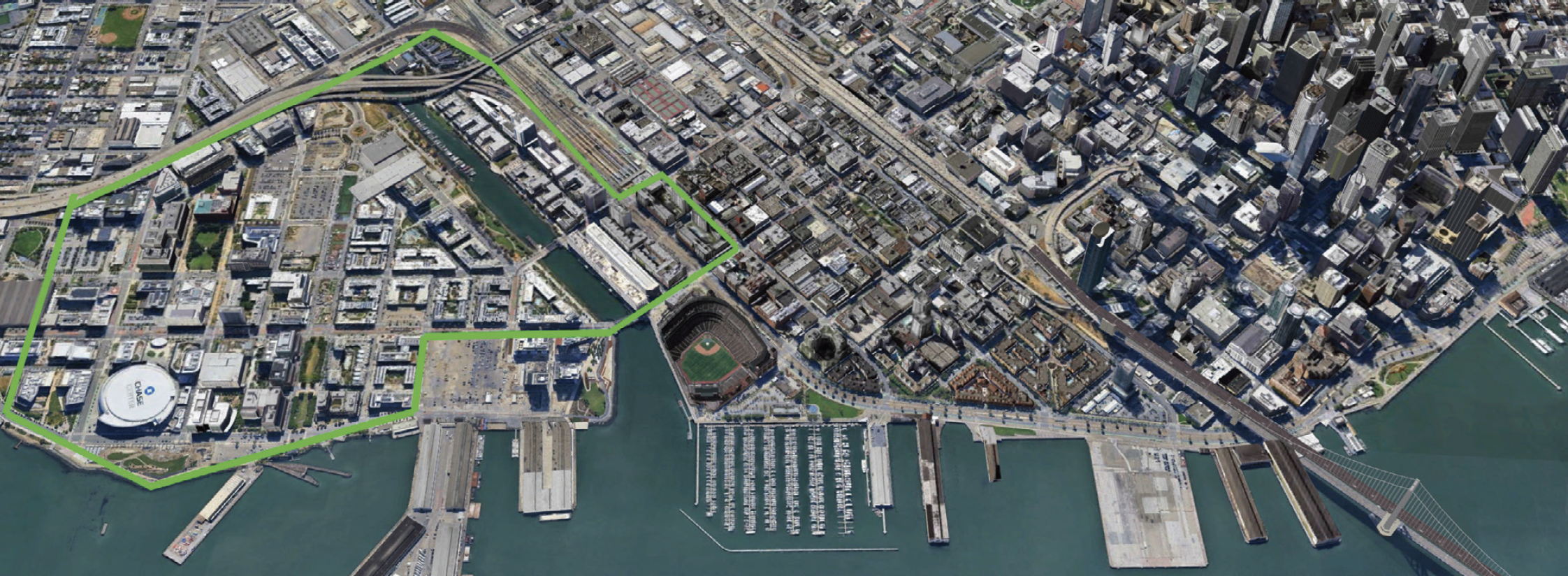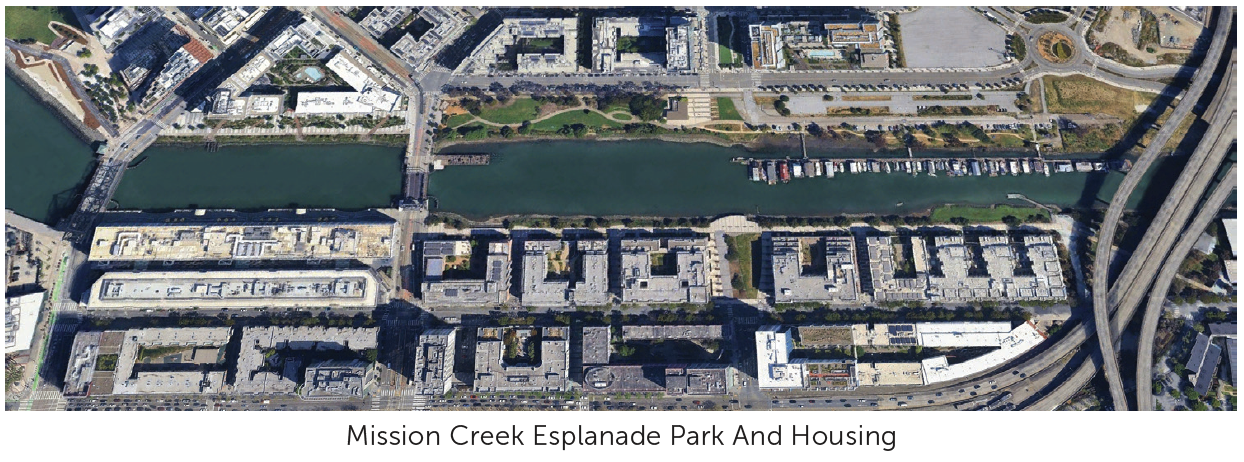Success of Mission Bay
Posted: May 16th, 2025
The spectacular success of Mission Bay — and how San Francisco can do it again
The City’s largest master-planned development might never have happened if one former mayor hadn’t taken charge and made important decisions
When Willie Lewis Brown took office as our City’s new mayor in January of 1996, the Mission Bay Project — the City’s biggest master-planned development ever — was still stuck unbuilt in its Mission Creek mud and going nowhere fast after 13 years of planning and controversy.
Then Mayor Brown took charge and made key decisions that got Mission Bay built. Now, 25 years later, it is an outstanding San Francisco city building success story. Mayor Brown resolved its political impasse by committing to build 30% affordable housing (ultimately 1,916 affordable homes along with 2,964 market units), and 40 acres of enticing waterfront open space and parks.
Yes! I support the plan for 21,000 new homes along the waterfront because we can put housing where it makes San Francisco better, not where it displaces residents and small businesses.
• First, the crucial key to these accomplishments was dedicating the full “Tax Increment Financing” resources of the City Redevelopment Agency’s multiple project areas to Mission Bay’s essential infrastructure, parks, and affordable housing development. For three decades Mission Bay’s master developer, Pro Logis Corporation, coordinated all its multiple components’ construction.
• Then next, Mayor Brown convinced the University of California at San Francisco to locate its future new medical research campus in Mission Bay. Now after $5 Billion of public and state investment, UCSF at Mission Bay is one of the world’s premier medical research institutions, a vital anchor of San Francisco’s economy.
• Soon, encouraged by these commitments, the San Francisco Giants determined to build their own Ballpark on the Port of San Francisco’s adjacent Pier 40 property.
• Finally 15 years later, the Golden State Warriors also decided to construct their own Chase Center multipurpose arena on an unused Mission Bay office development site on Third Street.
In 2021 the TODCO Group surveyed all 3,500 Mission Bay households to ask its residents — given all that had been built so far — “Is Mission Bay A Real Neighborhood?” 24% responded “Yes” and 10% “No.” But the majority, 58% answered: “Mission Bay will be a real neighborhood, but it’s not finished yet.” Most significantly, Mission Bay has already achieved its most important goal — to become a genuinely diverse future San Francisco community. 59% of the survey respondents identified as People Of Color, 33% White. 37% reported household incomes under $100,000, and 47% more than that.
Now in 2025, as its very last affordable housing units and parks near completion, Mission Bay is a superb city building accomplishment made possible by $500 million of public tax increment financing investment over three decades — a bountiful and evolving new San Francisco neighborhood benefitting our entire City. And San Francisco can do it again: Read the whole plan for new housing where it makes sense at https://www.todco.org/realistic-action-plan.
Yes! I support the plan for 21,000 new homes along the waterfront because we can put housing where it makes San Francisco better, not where it displaces residents and small businesses.
Founded in 1971 by TOOR, Tenants And Owners Opposed to Redevelopment (in Yerba Buena and South of Market), since 1976 TODCO has developed and operates 8 affordable residences in SOMA with 900 housing units, including 150 homes for formerly homeless San Franciscans.







